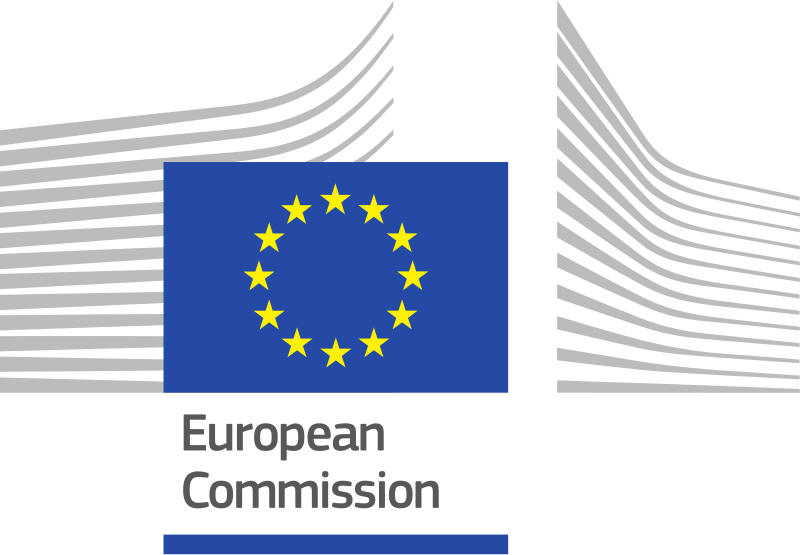BAKU, Azerbaijan, October 16. Turkmenistan could play a role in the European Union’s efforts to diversify gas supplies under its REPowerEU strategy, a source at the European Commission told Trend.
"Under our REPowerEU plan launched in 2022, our policy is to diversify away from Russian fuels, following Russia’s weaponization of energy supplies and full-scale war of aggression against Ukraine," the source said.
The official highlighted that the EU is engaging in
collaborative synergies with multiple sovereign entities regarding
the Southern Gas Corridor to optimize delivery throughput.
"In this context, Turkmenistan may serve as a pivotal player in the
European Union's strategic gas source diversification initiatives,
particularly considering its outlined objectives to augment supply
volumes via the Southern Gas Corridor," the representative
elaborated.
Regarding the potential revitalization of the Trans-Caspian Gas
Pipeline and the incorporation of Turkmen gas into the Southern Gas
Corridor, the source elucidated that determinations on particular
initiatives are contingent upon the strategic interests of
Turkmenistan, private sector stakeholders, and other relevant
nations.
"Any decision on a Trans-Caspian Pipeline, interconnections, or field extension projects is for Turkmenistan, private investors, and other concerned countries to make. As said, the EU is very eager to keep exchanging with Turkmenistan on energy issues, but such decisions are up to businesses and the concerned third countries," the representative explained.
The source emphasized that EU–Turkmenistan energy relations are guided by the 2008 Energy Memorandum of Understanding, which covers cooperation on energy security, mutual energy infrastructure, renewable energy, and energy efficiency.
"As regards the EU’s gas supply diversification efforts specifically, we are exchanging with Turkmen partners in the bilateral working group established under such MoU," the source added.
The REPowerEU strategy is a plan by the European Commission, launched in May 2022, to rapidly reduce the European Union's dependence on Russian fossil fuels and accelerate the transition to clean energy. It achieves this by saving energy, diversifying energy supplies, and producing clean energy through renewable sources. The plan aims to enhance Europe's energy resilience and strategic autonomy, becoming a foundational shift in the EU's energy and climate strategy beyond crisis management.







